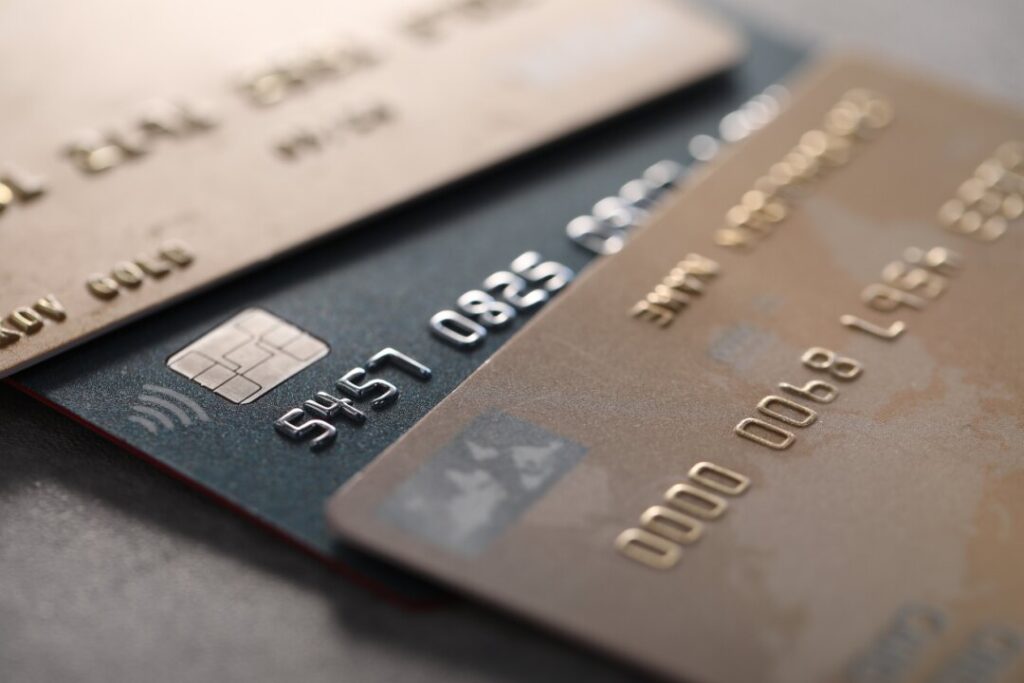If your debt has been charged off by a credit card company or financial institution, you are still legally obligated to pay it.
You’re behind on your credit card payment and have just learned the debt has been charged off by the issuer.
That might sound positive. But it’s not a time for celebration. You’re still responsible for paying your debt.
The concern should be your credit rating. Will the charge-off affect your credit score, and is there anything you can do about it?
Do You Still Owe?
According to the National Consumer Law Center, a credit card account is typically charged off after 180 days of non-payment. From the company’s accounting perspective, the debt is no longer carried as an asset of value on the books.
For the company, the charge-off is treated as an expense or loss.
Your debt is not canceled, however.
If your debt has been charged off by a credit card company or financial institution, you are still legally obligated to pay it. The lender will report the charge-off to the credit bureaus, and it will affect your credit score.
The company or financial institution will either continue to attempt to recover the debt from you through its internal collections department, or transfer it to a collection agency. Another option is for the company to sell the debt to a debt buyer.
In these cases, your debt may appear twice in credit reports—once from the original creditor and once from the collection agency or debt buyer.
If the collection agency reports your account to the credit bureau, a new collection account will appear in your report. This is a derogatory item that could lower your credit score.
Charge-offs should be paid because you are legally responsible for them. You must pay the balance until the account has been paid in full, settled with the lender, or discharged through bankruptcy.
Your Credit Score
You don’t want a charge-off on your credit report.
A charge-off tells future potential creditors that you couldn’t pay off the balance.
It could affect your ability to qualify for loans, rent an apartment, apply for jobs, or buy a car.
A charge-off is considered worse than a collection. With collections, you have negotiating power and may be able to have the bad debt removed from your credit report. A charge-off is difficult to remove from a credit report.
Paying off the charge-off account can help improve your credit. It won’t immediately remove it from your report, but it will update the status to “paid charge-off.” This can help you with potential lenders and may help your credit score bounce back faster.
Negotiating
If you are facing a charge-off, first confirm that the debt is actually yours. If you think the debt isn’t yours, contact the credit bureau and have them open an investigation. They will do this at no charge.
If you have been turned over to collections, ask about a payment plan. The collection agency will probably already have one prepared for you. If they don’t, lay one out for them. But make sure it’s a payment plan you can afford.
Debt settlement may also be an option with many collection agencies or companies. Although it depends on the agency or company, you may be able to reduce what you owe by 30 to 50 percent.
You can negotiate on your own or go through a debt relief company.
Will It Go Away?
Charge-offs are similar to late payments and anything else considered negative. They remain in your credit report for up to seven years.
The seven years start from the date of the first missed or late payment on the charge-off.
If it’s been seven years since the charge-off, check your credit report and ensure it has been removed. If it isn’t, contact the credit bureau. They will contact the creditor.
Statute of Limitations
The statute of limitations is only about legal responsibility. It doesn’t affect how long a charge-off remains on your credit report.
Despite the statute of limitations, the collection agency or company can still try to collect the debt from you, they just can’t sue you for the debt.
Pay It Off!
You’re not off the hook if a creditor charges off your debt. They can still try to collect the debt or turn it over to a collection agency or debt buyer.
In addition, a charge-off appears on your credit report for seven years and can hurt you financially. However, paying off a bad debt can still help your credit.
The Epoch Times copyright © 2025. The views and opinions expressed are those of the authors. They are meant for general informational purposes only and should not be construed or interpreted as a recommendation or solicitation. The Epoch Times does not provide investment, tax, legal, financial planning, estate planning, or any other personal finance advice. The Epoch Times holds no liability for the accuracy or timeliness of the information provided.



